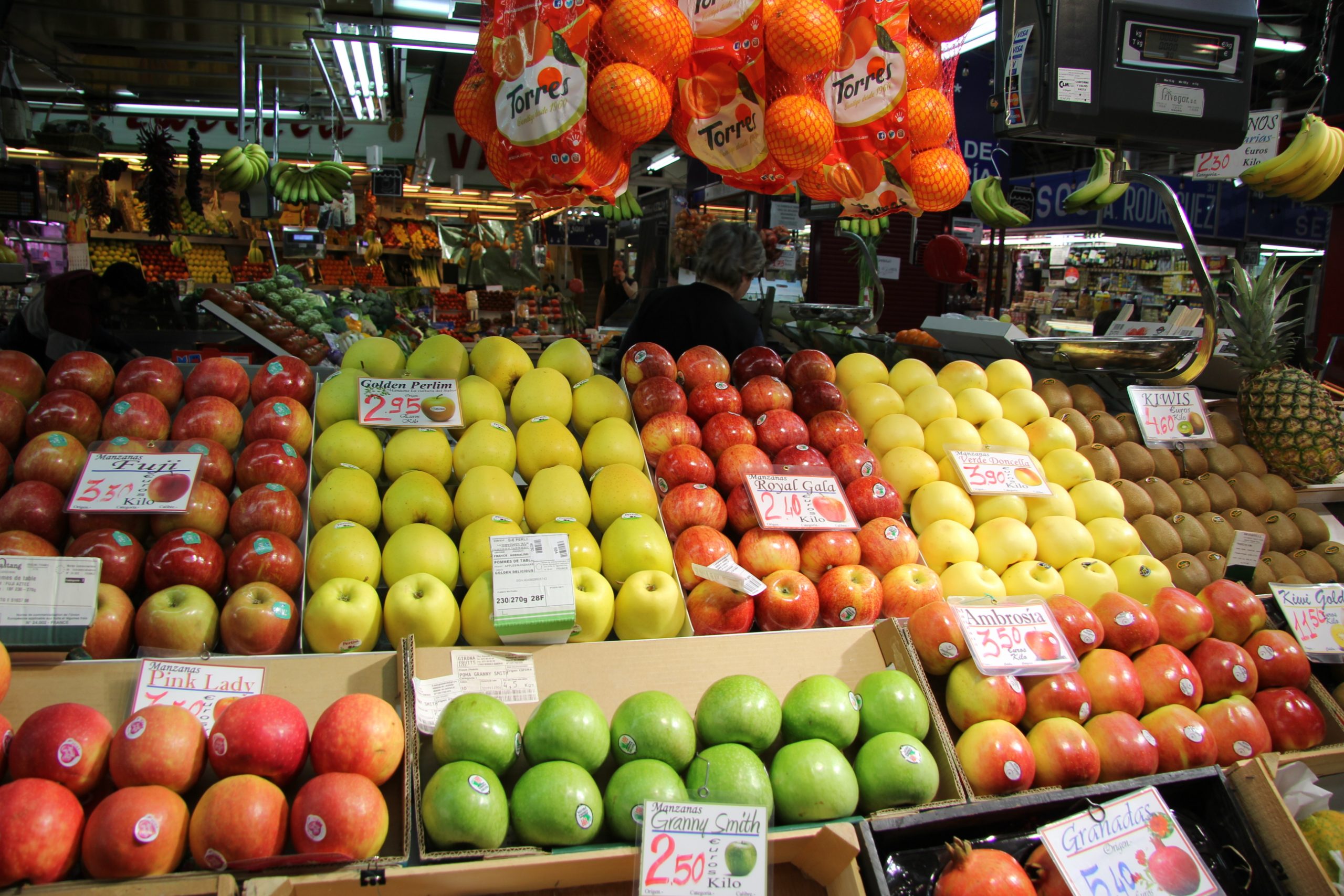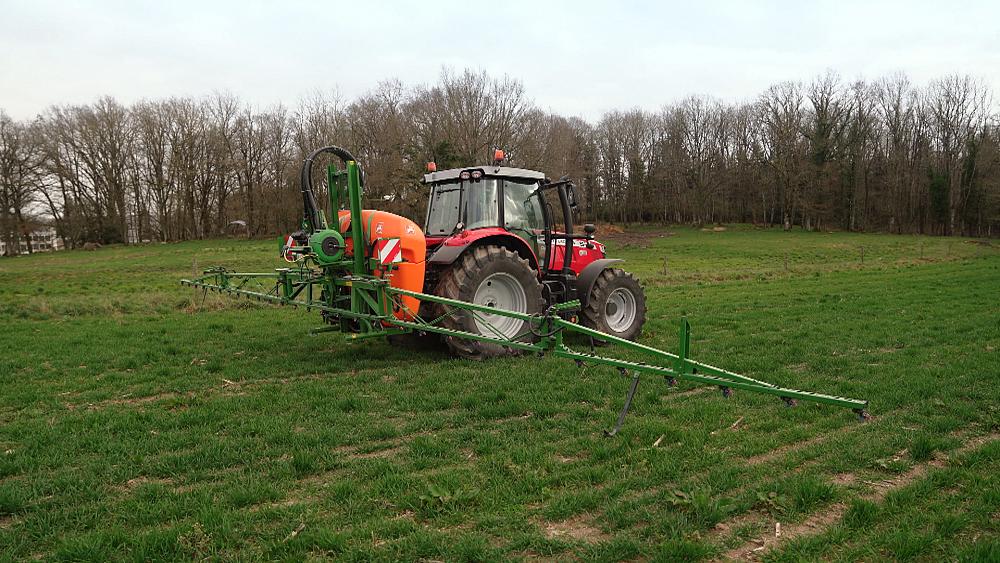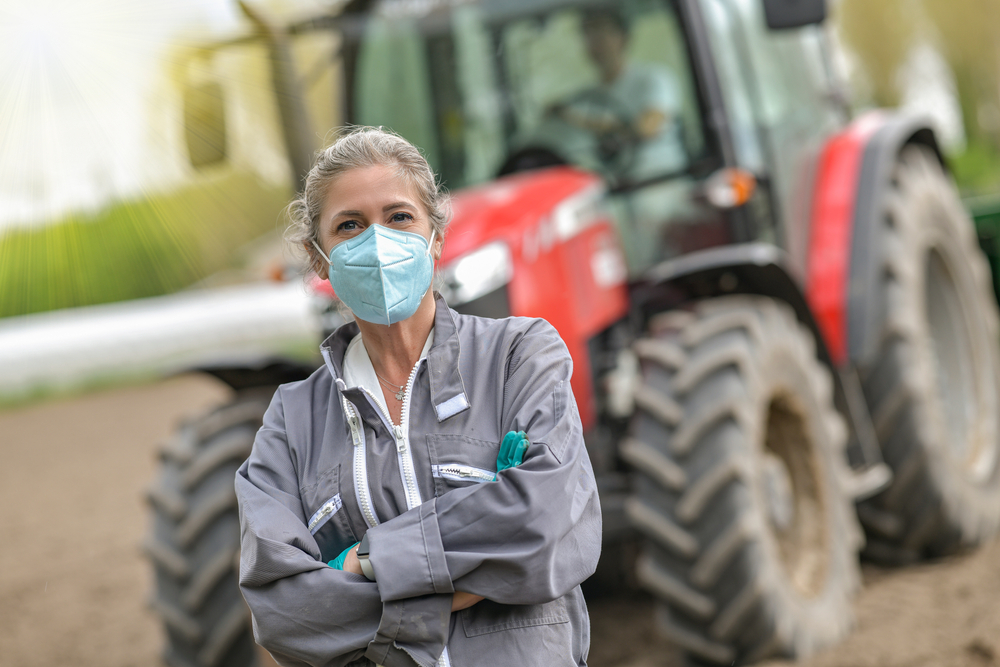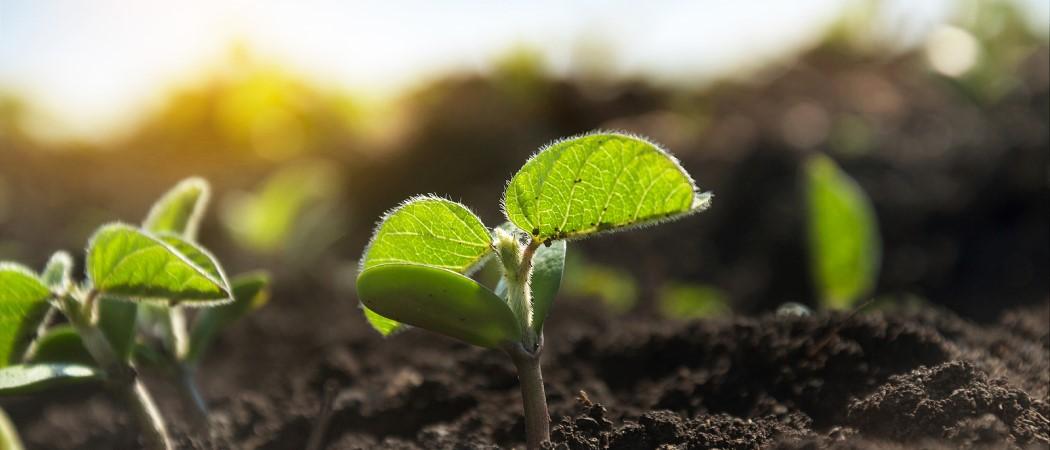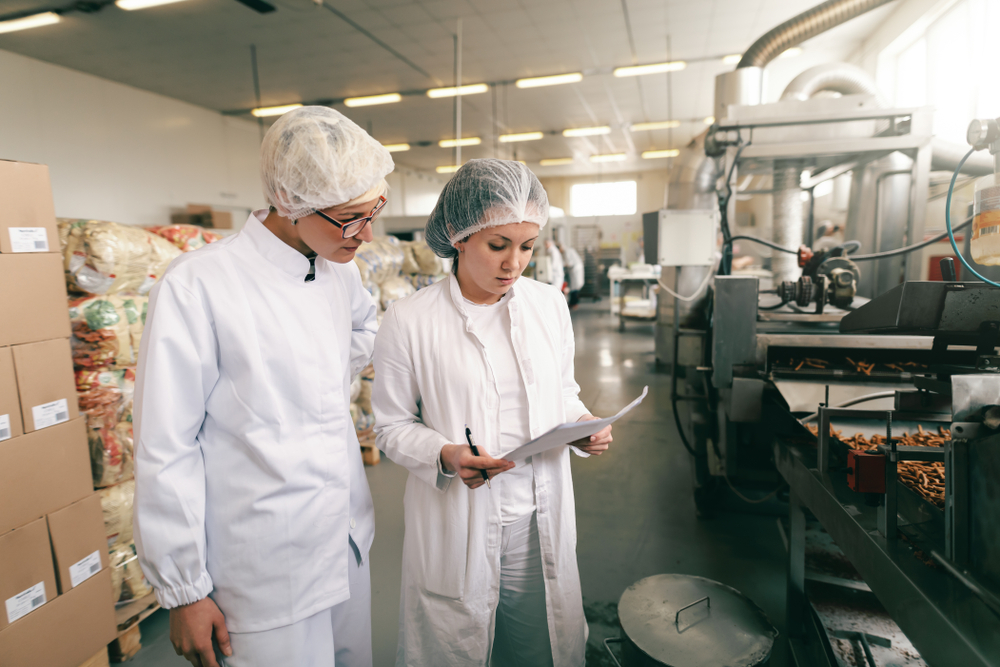 John LaRose Jr.
John LaRose Jr.
Topics: Vegetables, Agriculture Global, Economics, Ag Europe, Trade (Commodities),
-
(0)
-
Bookmark
- Comments (0)
 John LaRose Jr.
John LaRose Jr.
Topics: Precision AG , Pesticides, Crop Consultant, Agriculture Global, Sustainability, Research, Ag Europe,
Meet the EU farmers using fewer pesticides to make agriculture greener
One of the EU's green goals is to reduce the use of harmful pesticides by 50% by 2030. To achieve this goal, educational initiatives and new methods are being taught to new generation of farmers across Europe. #FarmToFork
-
(0)
-
Bookmark
- Comments (0)
 John LaRose Jr.
John LaRose Jr.
Topics: Jobs, Agriculture Global, Economics, Ag Europe,
Women farmers 'essential' for future, says French agriculture minister
An increasing number of women in France are entering the agricultural world, dominated by men for so long. EURACTIV France takes a closer look at the role of women farmers in the country.
-
(0)
-
Bookmark
- Comments (0)
-
(0)
-
Bookmark
- Comments (0)
 John LaRose Jr.
John LaRose Jr.
Topics: Forestry, Economics, Research, Ag Europe, Climate Change,
'Our forests are sick,' Germany's agriculture minister says
The German agriculture minister presented on Wednesday (24 February) a worrying annual report on the condition of German forests, which again highlights the dramatic effects of climate change on the ecosystem.
-
(1)
-
Bookmark
- Comments (0)
 John LaRose Jr.
John LaRose Jr.
Topics: GMO's, Ag Europe, Genes /Genetics, Government / Policies, Education,
Horizon Europe to fund research on genome editing in agriculture
Horizon Europe is to allocate €5 million for projects aimed at understanding the benefits and risks of genome editing technologies in agriculture over the next two years, according to a leaked draft work programme. The move is in support of the ‘Farm to Fork’ plan to reduce the use of fertilisers by 30 per cent and turn 25 per cent of agricultural land over to organic farming. To reach these objectives, the Commission says the EU needs to “enable major advances in the life sciences and biotechnology, in new genomic techniques, such as gene/genome editing.” Plans for the €5 million call come after EU agriculture ministers called on the Commission last October to enable the use of “new innovative ingredients and techniques” to boost sustainable food production, once they are shown to be safe for humans, animals and the environment. The headline figure for the call is only indicative, and the Commission could fund proposals that go beyond this figure. Also last October, French scientist Emmanuelle Charpentier, director at the Max Planck Institute for Infection Biology in Berlin, and her collaboration partner Jennifer Doudna, were awarded the Nobel prize in chemistry “for the development of a method for genome editing.” But as things stand, precision breeding of plants with gene editing technologies cannot be used in the EU, following a 2018 ruling by the European Court of Justice (ECJ), which founds genome editing is subject to the 2001 EU directive banning genetically modified organisms (GMOs). In an early post-Brexit move, the UK last month launched an industry consultation on gene editing, as it seeks to move away from EU regulations on genetically modified organisms (GMOs). Depending on the outcome, there will be a second consultation on changing the definition of a GMO. The UK government view is that organisms produced by gene editing or by other genetic technologies, should not be regulated as GMOs if they could have been produced by traditional breeding methods. The proposed €5...
-
(0)
-
Bookmark
- Comments (0)
 John LaRose Jr.
John LaRose Jr.
Topics: Economics, Sustainability, Ag Europe, Government / Policies, World Population, Renewable Energy (Solar/Wind),
Renewables overtook fossil fuels as EU’s main power source in 2020
Renewables generated 38% of the EU’s electricity in 2020, overtaking coal and gas to become the main source of electricity for the first time ever in Europe, according to fresh data released on Monday (25 January).
-
(0)
-
Bookmark
- Comments (0)
01/25/2021 SOURCE: www.potatonewstoday.com
According to a Reuters report, France sees crops developed using gene-editing techniques as different to genetically modified organisms (GMOs) and opposes a European Union court decision to put the…
France backs non-GMO regulation for crop gene-editing in EU
-
(0)
-
Bookmark
- Comments. (0)
 John LaRose Jr.
John LaRose Jr.
Topics: Precision AG , Economics, Research, Ag Europe, World Population,
Solar's unique opportunity to lead the re-industrialisation of Europe
Planning for large scale, high volume solar PV manufacturing here in Europe may seem like a tall task, but it is becoming more and more apparent that the scale of the climate crisis dwarfs even the most ambitious of plans, writes Stefan Degener.
-
(1)
-
Bookmark
- Comments (0)
 John LaRose Jr.
John LaRose Jr.
Topics: Agriculture US, Sustainability, Ag Europe, World Hunger, Government / Policies, World Population,
How American agriculture can work with the EU on food sustainability
We must build more resilient, sustainable global food systems that can feed an increasingly hungry world, or there will be dire consequences, warn Kip Tom and Ronald J. Gidwitz.
-
(0)
-
Bookmark
- Comments (0)


